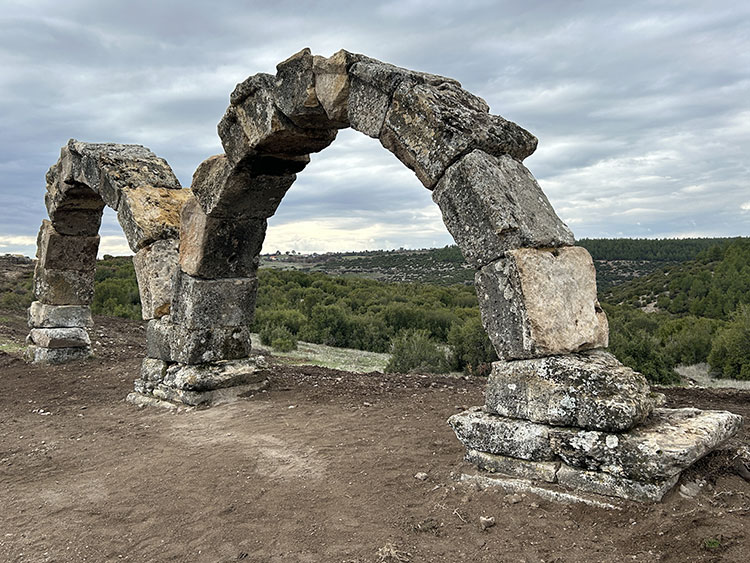
The restoration of the Roman aqueducts in the ancient city of Blaundos is ongoing
The restoration work on the Roman aqueducts uncovered during ongoing excavations at the ancient city of Blaundos is continuing.
Blaundos is located in the Ulubey district of Uşak province. It is referred to as a Garrison City because it was a settlement area for the soldiers who came from Macedonia for Alexander the Great’s campaign in Anatolia.
Excavation work, which began in 2018 and is being conducted under the leadership of the Uşak Museum Directorate this year, has intensified in the area where the aqueducts are located.
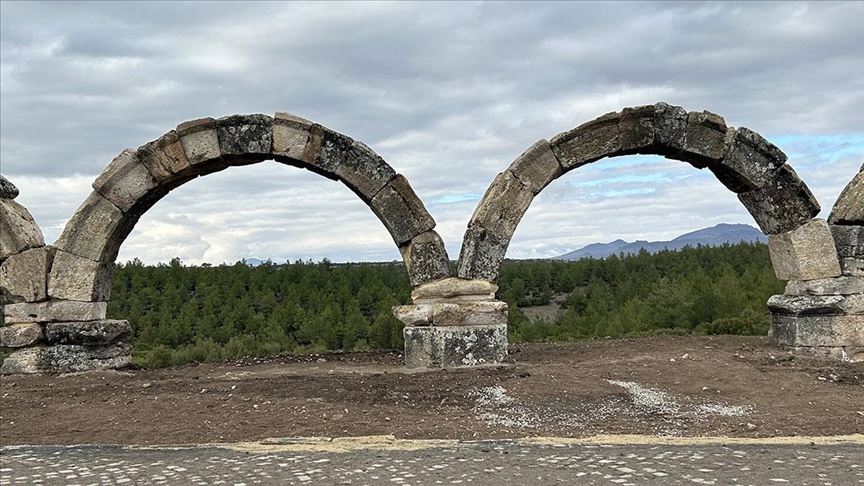
Blocks and stones from the Roman aqueducts, of which only one remains standing while the others have collapsed, have been found and classified. Subsequently, a project was prepared for their restoration, and permissions were obtained from the relevant institutions. Approximately 45 days ago, work began, and five aqueducts have been restored and brought back to life.
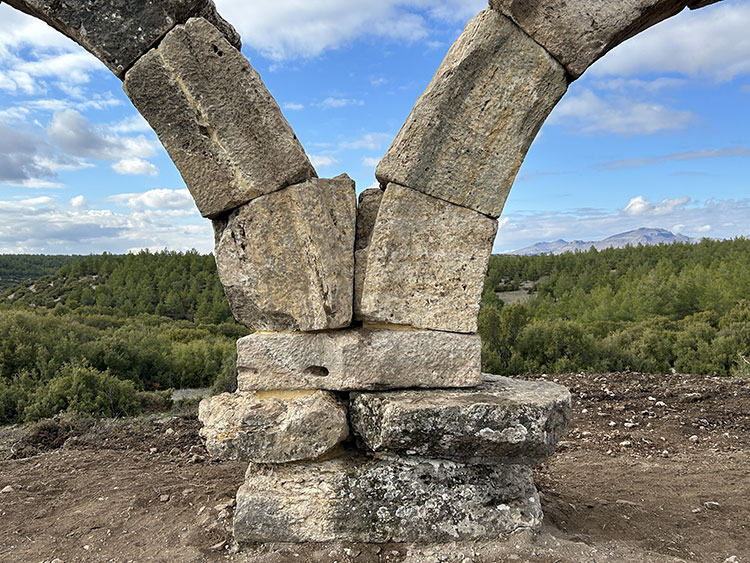
Stating that the Uşak governorship has provided financial support for the work, Governor Naci Aktaş said, “Only one of the arches that carried water to the city was standing in its original form. The remaining nine arches were only remnants. Following the excavation work carried out here, the restoration of these has also been completed. As of today, alongside the one that remains in its original state, five more aqueducts have been restored. God willing, the remaining four aqueducts will be restored by 2025. The significance of this is that this is the first restoration project we have successfully completed as a result of our excavation work here.”
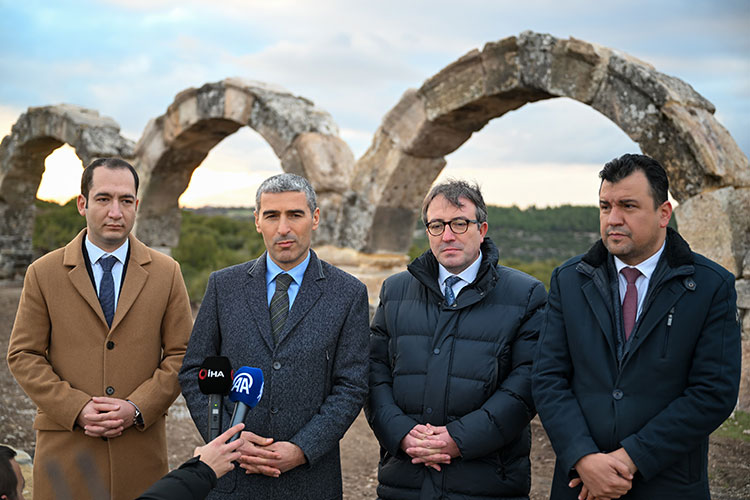
Cover Photo: Uşak governorship
You may also like
- A 1700-year-old statue of Pan unearthed during the excavations at Polyeuktos in İstanbul
- The granary was found in the ancient city of Sebaste, founded by the first Roman emperor Augustus
- Donalar Kale Kapı Rock Tomb or Donalar Rock Tomb
- Theater emerges as works continue in ancient city of Perinthos
- Urartian King Argishti’s bronze shield revealed the name of an unknown country
- The religious center of Lycia, the ancient city of Letoon
- Who were the Luwians?
- A new study brings a fresh perspective on the Anatolian origin of the Indo-European languages
- Perhaps the oldest thermal treatment center in the world, which has been in continuous use for 2000 years -Basilica Therma Roman Bath or King’s Daughter-
- The largest synagogue of the ancient world, located in the ancient city of Sardis, is being restored

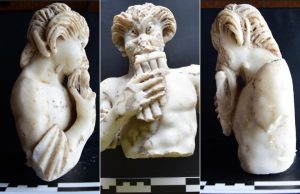
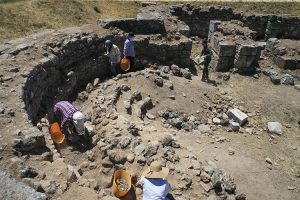
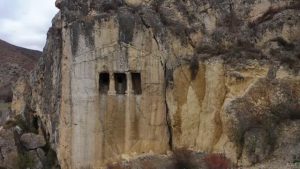
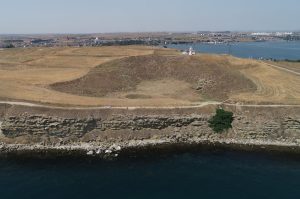
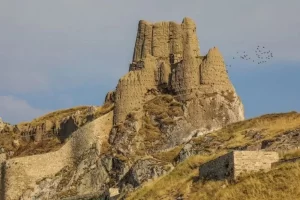
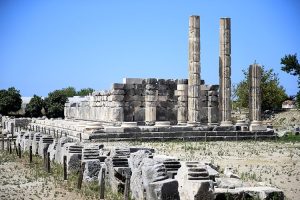


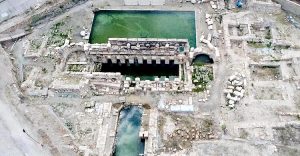
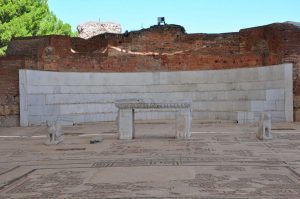
Leave a Reply